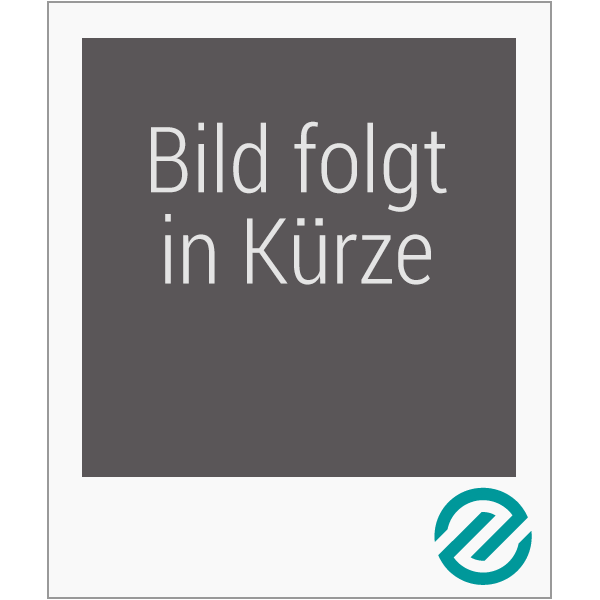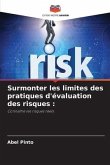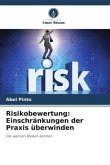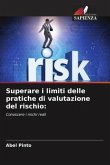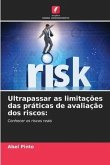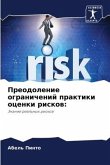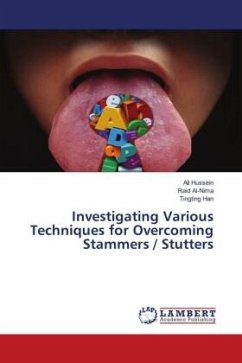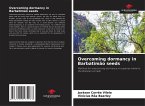Risk is often understood as a purely bad thing and, as result, something that must be avoided. However, various types of risk taking might lead to big rewards. Almost every human activity (and even inactivity) involves risk; societies and individuals have recognised risk exposure as a normal aspect of life. The understanding and social acceptability of scientific breakthroughs and new technologies depend on the correct understanding of risks, in order to avoid unfounded fears. Sciences and techniques that analyse and describe risks are relatively new and are still in development, leading in some cases to criticisms and even condemnation of risk assessment results. This book is addressed to both experts and lay-people interested in understanding risk, it does not intend to analyse or discuss risk assessment methodologies, it aims is to apprehend risk ideas, theories and models, and critically reviews some of the approaches that have been put forward to assess risk, pointing out some common limitations and pitfalls that biases the risk assessment processes, and provides some hints that could lead to improving the final results of risk assessments.
Bitte wählen Sie Ihr Anliegen aus.
Rechnungen
Retourenschein anfordern
Bestellstatus
Storno

